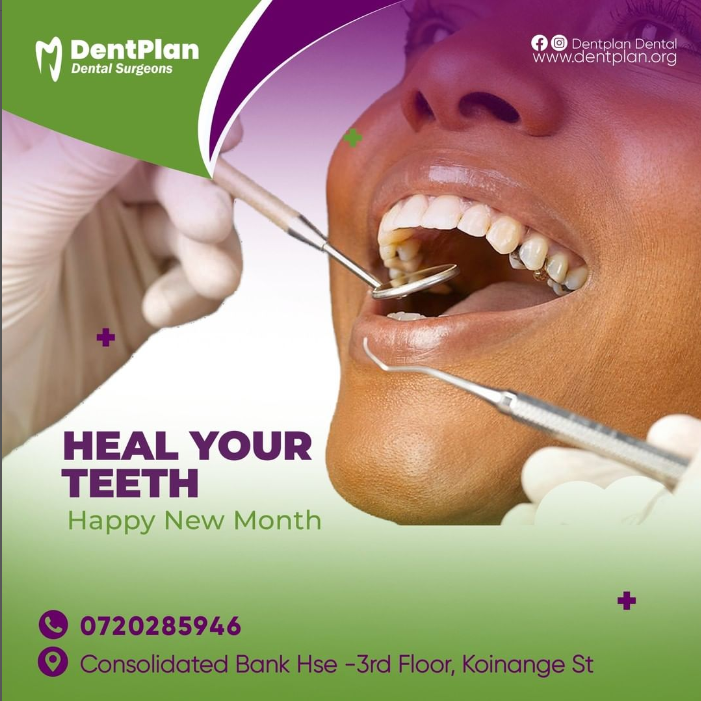Allow me to digress we have just celebrated Women’s Day and feel that I must discuss oral care in this special group. It is a fact that women take better care of their teeth than men but their regular hormonal fluctuation has not allowed this to be fully translated into better oral health for them. Women require special dental health considerations when compared to men. This is principally because of their different phases of hormonal fluctuations as seen in puberty (teenage years), menses (monthly periods), pregnancy and menopause. We should also not forget the effect of chemical contraception (pills or injections) on the health of women. We should be clear that it is not the hormonal levels per se which affect the oral health status, but rather the local conditions like food debris and cleanliness, with the hormones influencing the course and speed of dental disease.
Please note that not all women experience the conditions we are going to discuss, but all are at risk due to the fact that these changes only occur in women!
Puberty
This is that period when the young girl gets to her teens. There is a sudden surge in the level of hormones in the young woman and some bacteria take advantage of this increase to multiply even more. The microenvironment within the gums also changes, allowing for easier establishment of more bacteria. The flow of blood to the gums is also increased and all this leads to increased sensitivity even to slightest irritation in the mouth. If this is combined with remnants of food debris in the mouth, the result is infection and swelling of these gums.
Different individuals will react differently, with some seeing bleeding of the gums every time they brush their teeth or bite on something hard. The ideal thing to do then is to respond by seeking a dentist’s help, who should be able to remove the debris from the mouth and control the infection. If, as many do, you reduce the brushing efficiency due to bleeding then more food debris collects in the mouth allowing more bacteria to multiply and a small problem explodes into a more serious form of the disease. Since this is the stage when the young women become more aware of their social environments, it is even more important to them that the mouth remains in a healthy and pleasing state. As soon as the levels of hormones level off to normal, and in the absence of established disease, the gum problems will resolve. A careful at-home programme of efficiently brushing twice daily, flossing regularly and generous rinsing of the mouth with water during this period, helps to minimise long-term damage to the structures that support the teeth.
Menses
This is the flow of blood that occurs every 28 days or so in women of child bearing age, and who are not pregnant. The oral changes that can accompany the monthly period include swollen and red gums, ulcers in the mouth, sores at the corner of the mouth and of course the proverbial pimple somewhere on the face. Mercifully, these conditions disappear when the period is complete, until the next one!
The important thing is to have a clean and healthy mouth BEFORE the menses begin. It is then easier to maintain the problems in the mouth at a level that is not harmful to the structures supporting the tooth. Like in puberty, a careful at-home programme of keeping the mouth healthy is advised for this period. A visit to the dentist ensures that a close monitoring is done to the more disturbing issues like mouth ulcers.
Pregnancy
There is a widespread belief that pregnancy always leads to loss of teeth, and that somehow women lose calcium from their teeth during this period. This is NOT true! It is a myth that has been spread over time, sometimes even by doctors! Indeed, many pregnant women who keep a good oral hygiene have passed through pregnancy with minimal dental problems and many more still will, if they exercise good oral hygiene practices. But this does not mean that there are no problems during this period. On the contrary, a pregnant woman requires special dental attention to avoid infection in the mouth.


